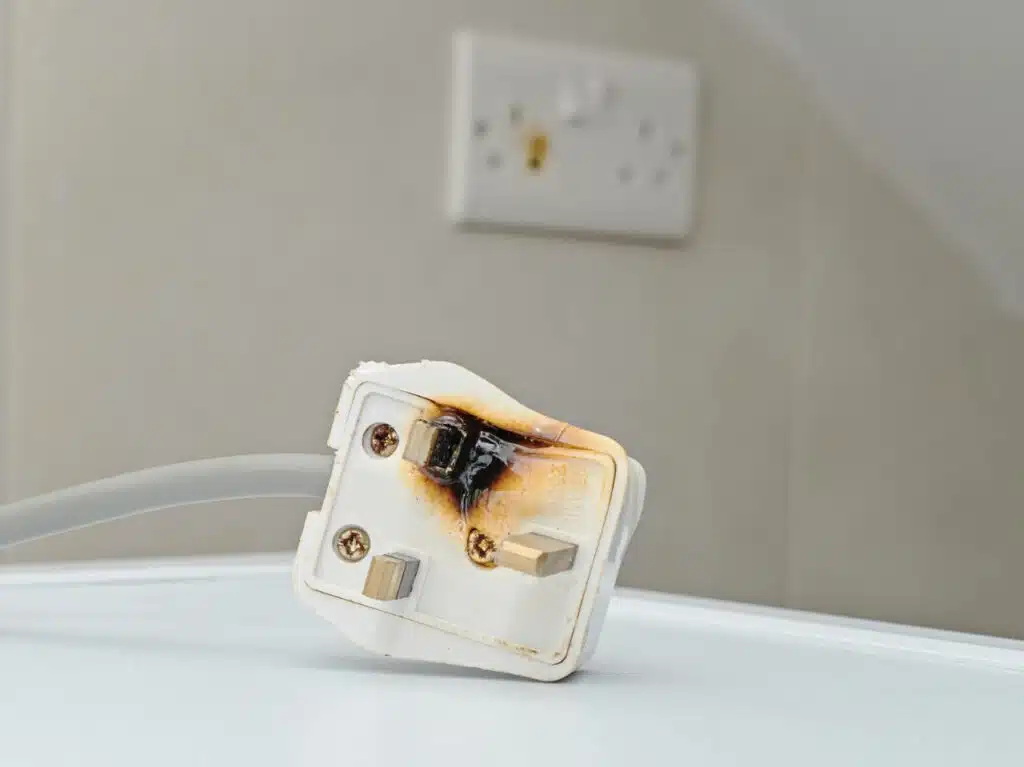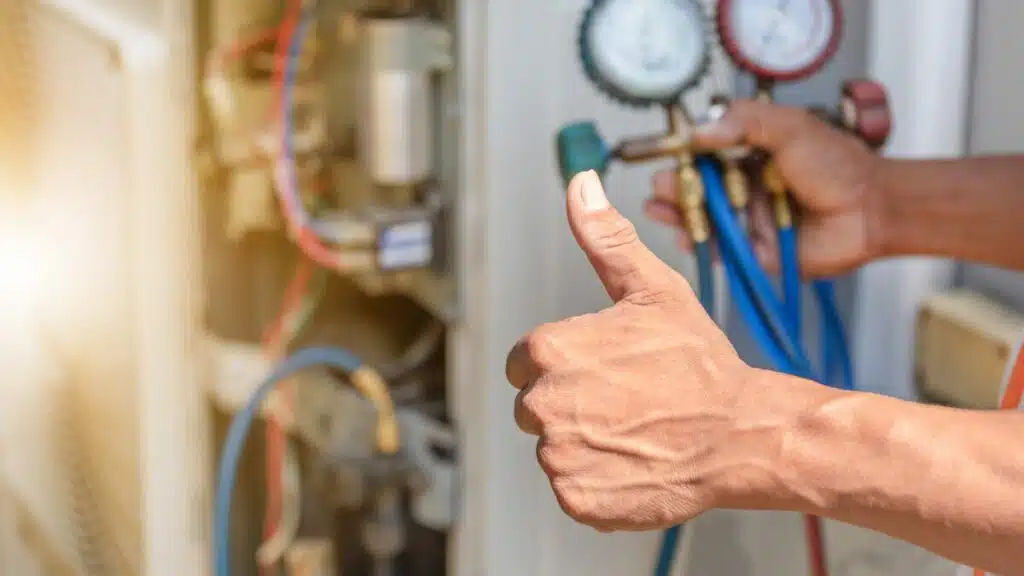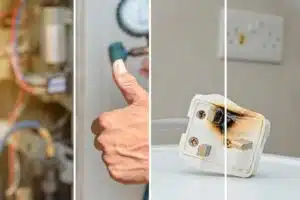Electrical safety is of paramount importance in every environment, be it our homes, workplaces, or public spaces. Taking proactive measures to ensure electrical safety not only protects lives but also prevents property damage and potential hazards. This comprehensive guest post aims to provide valuable insights and essential electrical safety tips that can be applied in any setting, with a particular focus on electrical services for your home. By understanding the potential risks, implementing preventive measures, and promoting safe practices, individuals can create a secure environment that prioritizes electrical safety and reduces the likelihood of accidents or electrical emergencies.
1. Understanding Electrical Hazards

Before delving into safety tips, it’s crucial to understand common electrical hazards. These hazards include electrical shocks, electrocution, electrical fires, and damage caused by faulty electrical systems or appliances. Identifying potential risks is the first step towards creating a safe environment.
2. Seek Professional Assistance
When it comes to electrical installations, repairs, or modifications, it’s essential to engage qualified electricians. Professional electricians possess the necessary expertise, knowledge, and tools to handle electrical tasks safely and effectively. Avoid attempting complex electrical work yourself and always consult a licensed electrician for any electrical needs.
3. Regular Electrical Maintenance

Routine electrical maintenance is vital to identify and address potential issues before they escalate. Schedule regular inspections by a licensed electrician to ensure the integrity of your electrical system. Promptly address any signs of electrical problems, such as flickering lights, overheating outlets, or tripping circuit breakers. Timely maintenance reduces the risk of electrical failures, faults, and accidents.
4. Use Proper Electrical Outlets and Equipment
Ensure that electrical outlets, switches, and other equipment are in good working condition. Replace damaged or worn-out outlets promptly to prevent electrical shocks or fires. Avoid overloading outlets or extension cords with multiple appliances, as this can lead to overheating and fire hazards. Consider installing ground fault circuit interrupters (GFCIs) in areas with water sources, such as kitchens and bathrooms, to provide additional protection against electrical shocks. For a wide range of quality electrical products, Bay Power is your go-to source to ensure safety and efficiency in your electrical system. Maintaining these practices helps safeguard your environment from electrical risks.
5. Safe Handling of Electrical Appliances
When using electrical appliances, follow the manufacturer’s instructions and safety guidelines. Regularly inspect cords, plugs, and appliances for any signs of wear or damage. Never touch electrical appliances with wet hands or while standing on wet surfaces. Unplug appliances when not in use and avoid tugging or yanking cords to disconnect them. Practicing safe handling habits reduces the risk of electrical accidents and prolongs the lifespan of appliances.
6. Childproofing Electrical Outlets
If you have young children in your home or frequent visitors with children, childproofing electrical outlets is essential. Install tamper-resistant outlets or use outlet covers to prevent children from inserting objects into the sockets. Keep cords and cables out of children’s reach to avoid potential tripping hazards and accidental pulls.
7. Proper Lighting Practices
Good lighting is crucial for visibility and safety. Ensure that all areas are well-lit, especially staircases, hallways, and entryways. Replace burnt-out bulbs promptly and use appropriate wattage for light fixtures to prevent overheating. Consider using energy-efficient lighting options, such as LED bulbs, to reduce electricity consumption and decrease the risk of overheating.
8. Fire Safety Precautions
Electrical fires can be devastating, but there are measures you can take to prevent them. Install smoke detectors on each level of your home or building, and regularly test and replace batteries as needed. Have fire extinguishers readily available and ensure that everyone knows their location and how to use them. Develop and practice a fire escape plan, including designated meeting points and evacuation routes. Being prepared for fire emergencies can save lives and minimize property damage.
9. Outdoor Electrical Safety
Outdoor electrical safety is just as important as indoor safety. Use weather-resistant covers for outdoor outlets and ensure that all electrical equipment and appliances are designed for outdoor use. Keep cords and connections away from water sources and damp areas. Consider installing ground fault circuit interrupters (GFCIs) for outdoor outlets to provide enhanced protection against electrical shocks.
10. Educate and Raise Awareness
Promoting electrical safety in your community or workplace is essential. Educate family members, colleagues, and employees about electrical safety practices and potential hazards. Encourage the reporting of any electrical concerns or issues. Provide resources and information on electrical safety, such as posters or brochures, to raise awareness and foster a culture of safety.
Conclusion
Electrical safety is a critical aspect of creating a secure environment in any setting. By understanding electrical hazards, seeking professional assistance when needed, conducting regular maintenance, and following safe practices, individuals can significantly reduce the risk of electrical accidents, injuries, and property damage. Proper handling of electrical appliances, childproofing outlets, practicing fire safety precautions, and promoting awareness contribute to a safe electrical environment. Remember, electrical safety is a shared responsibility, and by prioritizing it, we can ensure the well-being and protection of ourselves, our loved ones, and our communities.
